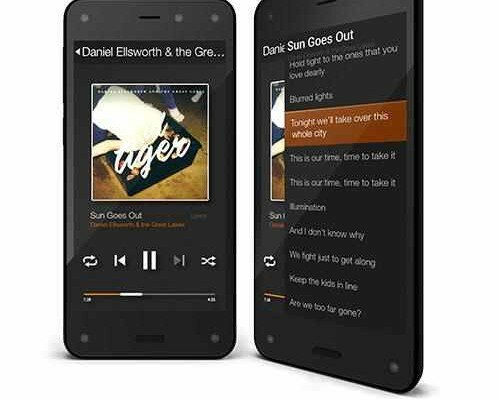Technology has taken the use of phones far beyond just talking and messaging. Today, smart phones enable you to keep up with emails, social networks, and other personal and business interactions. A stolen smartphone not only raises concern about who has access to your sensitive personal information, but also means you lose the ability to stay connected.
However, new federal legislation geared toward preventing this problem is currently underway. If passed, a new bill could require all new smartphone devices to be equipped with a kill switch by 2015.

Image Credit: Eye on Windows
A Growing Problem
Smartphone theft has become an epidemic and the problem continues to escalate. According to a Consumer Reports survey, 3.1 million Americans had their smartphones stolen in 2013, which is double the amount reported in 2012. Out of that 3.1 million, less than half recovered their stolen devices.
While you should be concerned about your personal information falling into the hands of a stranger, most thieves are more interested in making a profit than acquiring information. Understandably, as stolen smartphones are resold giving the thief a $600-$1000 profit per device.
The Proposed Solution
The kill switch is software that is pre-installed or or that you can download to your smartphone. You then will be able to disable and remove all personal data from your phone through a website in the event that your device is lost or stolen.
While there have been other attempts at solving this problem, they have failed. You could only disable the device if it was turned on. This did not work, as thieves were aware of this possibility and would immediately turn off the phone, thus making it impossible to track.
The kill switch will work even if your phone is turned off. Once you recover your device, you then have the ability to unlock the smartphone with a pre-determined password.
Questions and Concerns

Image Credit: Mobile Geeks
The kill switch seems like a sensible solution, yet thereare still issues that need addressing. One such question raised is whether the kill switch will completely disable the phone. The issue lies in the ability of the owner to revive the device once it is recovered, which indicates the phone is still operable to some degree. This would make it possible for thieves to discover ways to override the software.
The FCC also raises concerns about the new software. Regulations of the FCC require that all mobile devices be able to access 911 at all times. If the kill switch works as described, it would disable all calls and be in violation of these regulations.
With the increasing prevalence of smartphone theft, it is obvious a solution must be found. While legislators seem to be on the right track there, are still many concerns that need addressed in order to protect consumers. Tell us, Sweet Lemon readers: Are you for or against a kill switch? Let us know in the comments section below!
By



